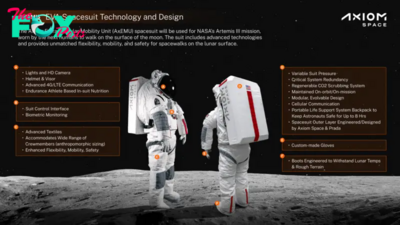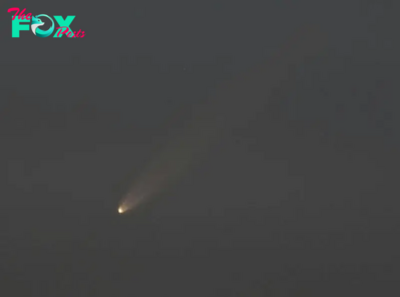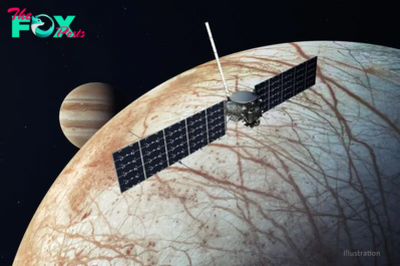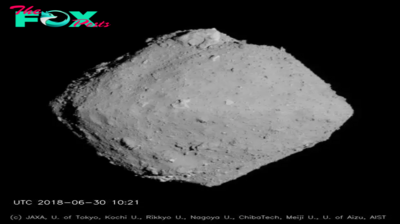Science
Astronomers want to change how we define a planet — again
Astronomers are proposing a new definition of a planet, nearly two decades after a previous such change led to Pluto's demotion. The new definition would add measurable criteria, including considerations of the planet's mass — and it would still leave Pluto with its dwarf planet status.
Currently, the International Astronomical Union (IAU) defines a planet as a celestial body with three characteristics: It orbits the sun, it's big enough for gravity to mold it into a roundish shape, and it has cleared away any smaller objects, other than moons and other satellites, surrounding its orbit.
"The problem in the past was, you had a word 'planet' but you didn't have a quantitative definition of it," Brett Gladman, an astronomer at the University of British Columbia who, along with colleagues, proposed the new definition, told Live Science. The proposal was outlined in a paper posted July 10 to the preprint server arXiv and is scheduled to be presented at the IAU General Assembly in August.
Without a quantitative point of reference, the current definition runs into many issues, Gladman said. Namely, the criteria are vague; it's unclear how large these bodies need to be, or "how clear" their orbits should be, to be considered planets. For example, Earth and Jupiter have asteroids that regularly cross their paths, raising the question of whether the planets truly have clear orbital paths. The current definition also fails to consider objects that orbit stars other than the sun, such as the more than 5,500 exoplanets that have been detected beyond our solar system.
But "the most problematic by far is the roundness criterion," Jean-Luc Margot, an astronomer at UCLA and lead author of the paper, told Live Science. "Roundness is simply not observable. We do not have the Technology, and we will not have the Technology anytime soon."
Related: Enormous planet discovered around tiny star could break our understanding of solar system formation
Instead of focusing on the planets' roundness and orbital paths, the new definition emphasizes a measurable quantity: the object's mass. This new definition describes a planet as a celestial object that meets the following criteria:
-

 Science22h ago
Science22h agoThe Elegance and Awkwardness of NASA’s New Moon Suit, Designed by Axiom and Prada
-

 Science5d ago
Science5d agoSpaceX Launches Its Mega Starship Rocket. This Time, Mechanical Arms Catch It at Landing
-

 Science2w ago
Science2w agoYou Won’t Want to Miss October’s Rare Comet Sighting. Here’s How and When You Can See It
-

 Science1m ago
Science1m agoA New Spacecraft Could Help Determine if There’s Life on a Moon of Jupiter
-

 Science1m ago
Science1m agoWe Can Thank Deep-Space Asteroids for Helping Start Life on Earth
-

 Science1m ago
Science1m agoStranded Astronauts Set to Come Home After SpaceX Capsule With Extra Seats Reaches ISS
-

 Science1m ago
Science1m ago'Every volcano has its own personality': Mystery Mount Adams earthquake surge under investigation
-

 Science1m ago
Science1m agoEarth's crust may be building mountains by dripping into the mantle



























